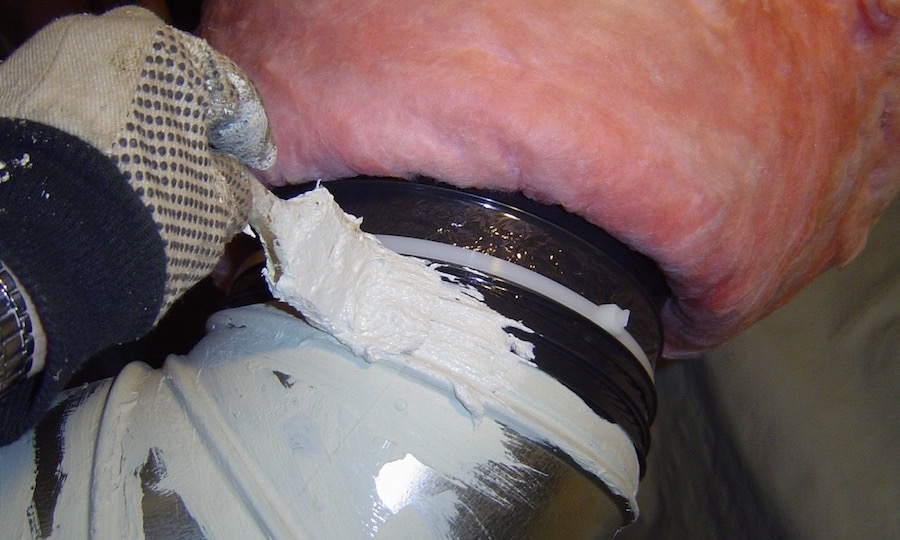6 Reasons to Make Your Home More Energy Efficient

With winter beginning soon and energy prices climbing, let’s talk about energy efficiency. And I’m not talking about that standard crap about caulking the windows and weatherstripping the doors. (You may recall that I’ve advised people NOT to caulk the windows.) No, I’m going to focus this article on some of the range of benefits you get by improving your home’s energy efficiency.
Lower energy bills
This is the main point for many people when they start. Little do they know it might end up being the least important benefit of making home performance improvements.
Greater comfort
Cold drafts in winter are uncomfortable. Mean radiant temperatures that are too low or too high are uncomfortable. Heating equipment that blasts you with hot air and then goes off while the house cools quickly is uncomfortable. Air-sealing and insulation can help a lot with those problems. Add new heating equipment, especially a properly sized heat pump, and you’ll be nice and cozy.
Better indoor air quality
By improving the insulation and airtightness, you can reduce the likelihood of condensation. Preventing condensation can mean preventing mold growth. Throw in some high-efficiency filtration and maybe a whole-house ventilation system, and you can make a huge difference in your indoor air quality. And you can start monitoring before making the improvements to verify it.
Smaller heating & cooling equipment
By improving your home’s thermal enclosure with air sealing and insulation, you reduce the amount of heating and cooling you need. That means you can put in smaller equipment. It’s easy to do this when you’re designing a new home, but it’s still possible with existing homes. It just takes proper timing. Do the enclosure improvements first, if you can. Then, when it’s time to replace the heating and cooling equipment, you’ll be ready to downsize.
More resilience
As we saw in Texas in the winter of 2021, many homes aren’t built for resilience. When the power goes out for a while, they rapidly become uninhabitable. That’s not good. The Passive House folks are onto something here, though. When you have a home that doesn’t lose much heat in winter, it doesn’t become uninhabitable as quickly. And it doesn’t take much of an auxiliary heating system to keep it livable. That’s resilience!
Smaller carbon footprint
Making your home more energy efficient also makes the planet more livable. A lot of the heating we do in winter carries the burden of massive carbon emissions. Pumping all that carbon dioxide into the air heats the atmosphere and changes the climate. Reducing your energy use (and making your own solar electricity) can help us get back on track. And so can going all-electric.
Whatever your reason or reasons are for making your home more energy efficient, remember that there’s more to it than just saving money on your energy bills. Do it right, and you get a lot of other benefits as well.
Allison A. Bailes III, PhD is a speaker, writer, building science consultant, and the founder of Energy Vanguard in Decatur, Georgia. He has a doctorate in physics and writes the Energy Vanguard Blog. He also has written a book on building science. You can follow him on Twitter at @EnergyVanguard.
Related Articles
Winterizing Your Home? Don’t Caulk the Windows!
Heat Pumps, Auxiliary Heat, and Resilience
Heat Pump or Furnace: Which Is Better for Comfort?
Comments are moderated. Your comment will not appear below until approved.
This Post Has One Comment
Comments are closed.

7th reason: equity preservation